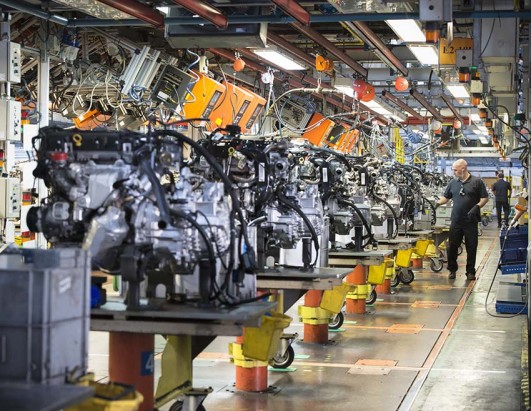Conclusion
Session 1 considered two very different theoretical approaches to the economics of environmental issues: the neoclassical view and the view from ecological economists.
An important distinction between these two viewpoints is that the neoclassical approach assumes that natural capital can be substituted with other types of capital and so supports only weak sustainability. Fundamental to ecological economics is the preservation and passing on of the natural capital endowments that current generations enjoy, in other words strong sustainability.
Ultimately, which viewpoint is supported depends on the ontological view you hold about the way economies work and interact with the Earth’s biophysical system. If you subscribe to the neoclassical viewpoint, you are more likely to believe that sustainable growth is possible and desirable. If you lean more towards ecological economics, you are more likely to consider that economic growth needs to be constrained and may not in any case be the right goal for humanity.
Now go to Session 2: Alternative views on the economy and income distribution [Tip: hold Ctrl and click a link to open it in a new tab. (Hide tip)]
